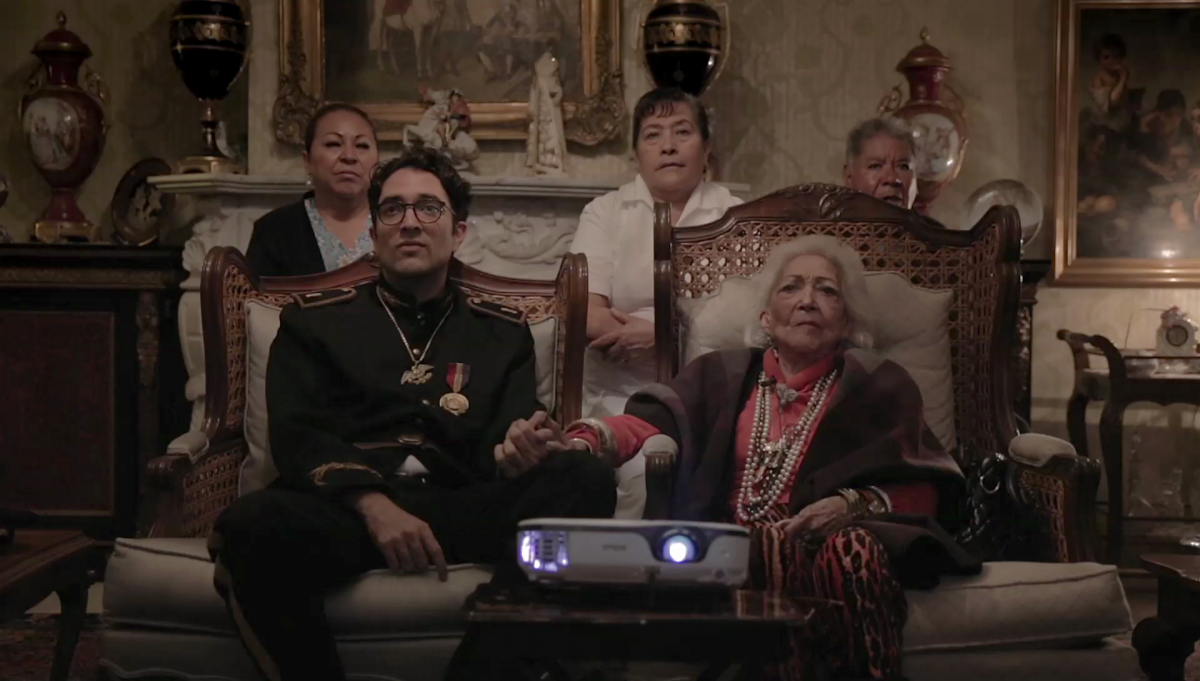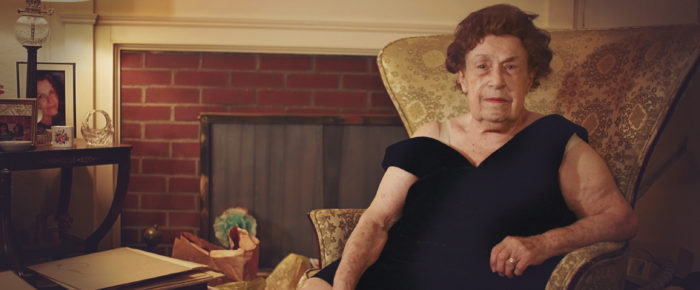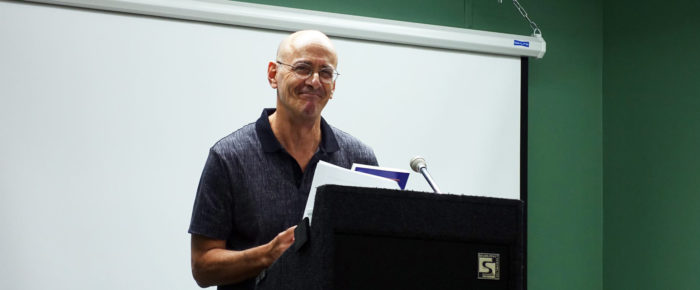It was a chilly October night when “Mamacita” had its New York premiere at the Margaret Mead Film Festival at the American Museum of Natural History. However, Mexico-born and raised…
Read moreHow the film, “Mamacita,” became a lesson on the power of forgiveness




